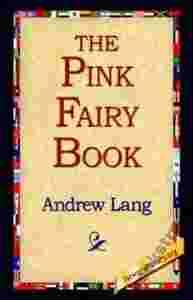THE PINK FAIRY BOOK Andrew Lang

Aukcja w czasie sprawdzania nie była zakończona.
Cena kup teraz: 155.40 zł
Użytkownik bookstreet
numer aukcji: 4270233008
Miejscowość Kalisz
Zostało sztuk: 10
Wyświetleń: 4
Koniec: 23-06-2014 04:26:18
Dodatkowe informacje:
Stan: Nowy
Okładka: twarda
Kondycja: bez śladów używania
